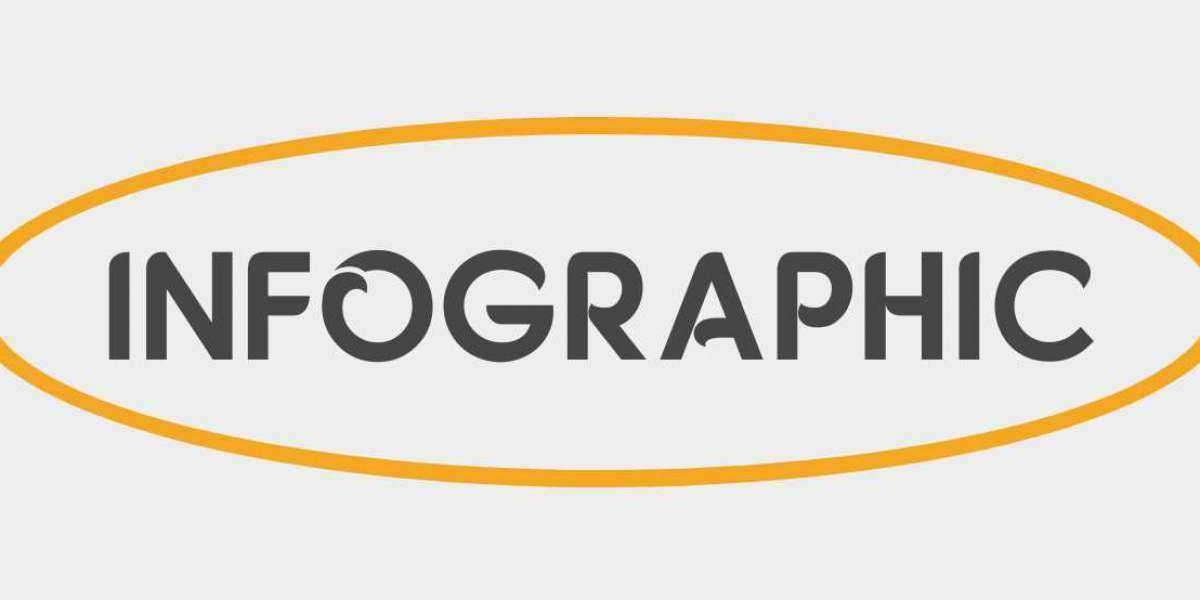Understanding NASH
NASH is a form of nonalcoholic fatty liver disease (NAFLD) and is often associated with obesity, insulin resistance, type 2 diabetes, and metabolic syndrome. Many individuals with NASH remain asymptomatic in the early stages, making early diagnosis challenging. As the disease progresses, however, it can lead to severe liver damage and significant health complications. For NASH patients, the lack of FDA-approved pharmacological treatments has been a major hurdle, underscoring the critical need for research and development in this area.
The Need for Emerging Therapies
The growing recognition of NASH as a serious public health issue has spurred increased investment in research to identify effective treatments. Current management strategies primarily focus on lifestyle modifications, such as weight loss, diet changes, and exercise, which can significantly improve liver health for some NASH patients. However, these lifestyle changes alone may not suffice for everyone, particularly those with advanced disease. As such, there is a pressing demand for pharmacological therapies that can directly address the underlying mechanisms of NASH.
Promising Emerging Therapies for NASH
- Anti-inflammatory Agents: These therapies aim to reduce liver inflammation, which is a hallmark of NASH. Clinical trials are exploring drugs that inhibit specific inflammatory pathways, showing promise in improving liver histology in NASH patients.
- Fibrosis Reversal Agents: Medications targeting the reversal of liver fibrosis are under investigation, as fibrosis is a key determinant of prognosis in NASH. These agents aim to halt or even reverse the progression of liver scarring.
- Metabolic Modulators: Therapies that target insulin resistance and metabolic dysfunction are crucial for NASH management. Drugs that improve metabolic parameters, such as GLP-1 receptor agonists and SGLT2 inhibitors, are being evaluated for their potential benefits in NASH patients.
- Microbiome-based Therapies: Emerging research highlights the role of gut microbiota in liver health. Probiotics and other microbiome-targeted therapies are being studied to assess their ability to improve liver function and inflammation in NASH patients.
- Gene Therapy: Innovative approaches, including gene therapy, are being explored to target specific genetic factors associated with NASH. This cutting-edge research aims to develop personalized treatment options based on an individual’s genetic profile.
Challenges and Considerations
While the future of NASH treatment looks promising with the emergence of these therapies, several challenges remain. Conducting well-designed clinical trials to demonstrate the efficacy and safety of new treatments is essential. Additionally, the complexity of NASH, with its diverse patient population and varying disease manifestations, complicates the development of a one-size-fits-all treatment approach.
Conclusion
As the landscape of NASH treatment evolves, emerging therapies offer hope for NASH patients facing this silent epidemic. Continued investment in research and clinical trials will be crucial to develop safe and effective pharmacological interventions. By prioritizing innovation and patient-centered care, healthcare systems can pave the way for improved outcomes for individuals living with nonalcoholic steatohepatitis. The path forward requires collaboration among researchers, clinicians, and patients to ensure that the emerging therapies translate into meaningful improvements in the management of NASH.
Latest Reports
Checkpoint-inhibitor Refractory Cancer Market | Chronic Constipation Market | Clostridium Difficile Infections Cdi Market | Congenital Heart Defect Devices Market | Crows Feet Market | Epstein Barr Virus Market | Failed Back Surgery Syndrome Market | Follicular Lymphoma Market | Fucosidosis Market | Malignant Pleural Effusion Market | Nevoid Basal Cell Carcinoma Syndrome Market | Radiation Toxicity Market | Recurrent Pericarditis Market | Sjogren’s Syndrome Market | Tenosynovial Giant Cell Tumors Market | Thymic Carcinoma Market | Vascular Dementia Market | Acute Ocular Pain And Inflammation Market | Acute Ocular Pain Market | Adrenocortical Carcinoma Market | Ankylosing Spondylitis Bekhterevs Disease Market | Anti-cd274 Pd-l1 Antibody Pipeline














